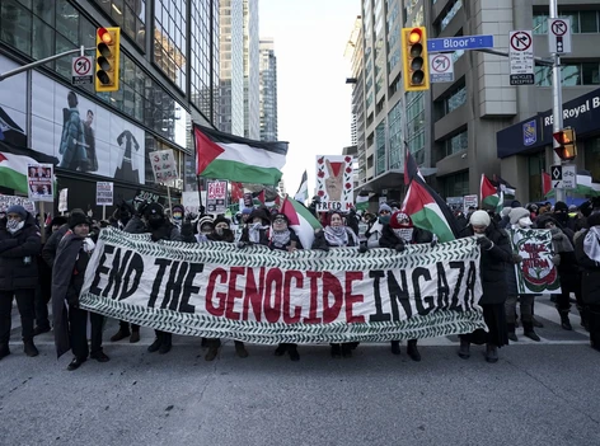
Rohingya refugees, without wearing masks or any other safety gear as a preventive measure against the COVID-19 disease, wait in a relief distribution point at the Kutupalong refugee camp in Ukhia, Bangladesh, on March 24, 2020. (Photo by AFP)
Human rights campaigners have warned that millions of invisible stateless people around the world will be unable to access healthcare if they fall ill with COVID-19 because they have no nationality.
Joshua Castellino, the executive director of Minority Rights Group International, urged every country on Tuesday to ensure that all stateless people on their territory can receive free medical assistance and help to self-isolate without risk of arrest or detention.
Our healthcare systems are all based on nationality. If you are stateless, you are invisible to the state, but you are not invisible to the virus, Castellino said.
He said the problem could be particularly acute across the African continent, where millions of people live without documentation.
Some experts estimate there could be about 15 million people worldwide who are not recognized as citizens by any state. They often live in the shadows of society, deprived of housing, employment, and healthcare.
Some of the biggest stateless populations are in Ivory Coast, Myanmar, Thailand, and the Dominican Republic.
Separately, Melanie Khanna, the head of the statelessness section at the UN refugee agency, said stateless people might be reluctant to approach health services if they became ill for fear of arrest.
Governments must include everyone because no one is protected unless everyone is protected, Khanna said.
Campaigners said there was no point in countries taking measures to tackle the spread of the virus among people recognized as citizens while leaving it to fester elsewhere.
Malaysia, which has a significant stateless population in Southeast Asia, has said it will not arrest people without documents who come forward for COVID-19 testing, and has waived certain fees for treatment.
Campaigners also said thousands of stateless Rohingya Muslims, who live in crowded camps in southeastern Bangladesh and in Myanmar, were especially vulnerable.
Last week, Bangladesh reported its first case in the Cox’s Bazar district, where the camps are located. Humanitarian groups and aid agencies fear an outbreak would be almost impossible to control.
Coronavirus has also been reported among the local population of the Greek island of Lesbos, where thousands of refugees and migrants are waiting in camps.
In just a few short months, the COVID-19 pandemic has reached devastating proportions, touching nearly every country around the world.
The situation could get decidedly worse, especially if the disease infiltrates more of the world’s most vulnerable communities, infecting those with the most limited access to prevention and care.
People end up stateless for a host of reasons, including migration, flawed citizenship laws, and ethnic discrimination.
The new coronavirus has infected over 801,000 people and killed more than 38,700 worldwide.
SOURCE: PRESS TV
LINK: https://www.ansarpress.com/english/15235
TAGS:






























 Farkhunda Buried, Ghani Appoints Fact-Finding Team
Farkhunda Buried, Ghani Appoints Fact-Finding Team




